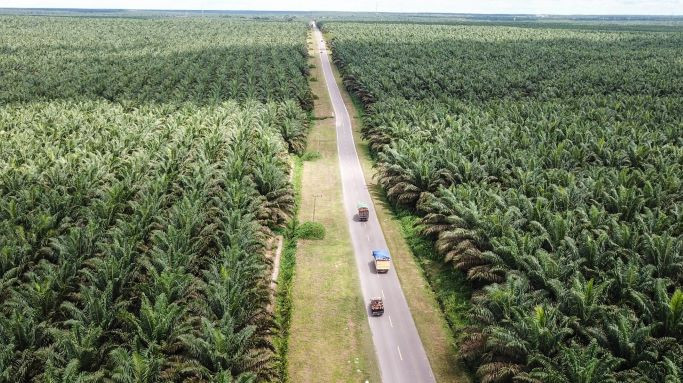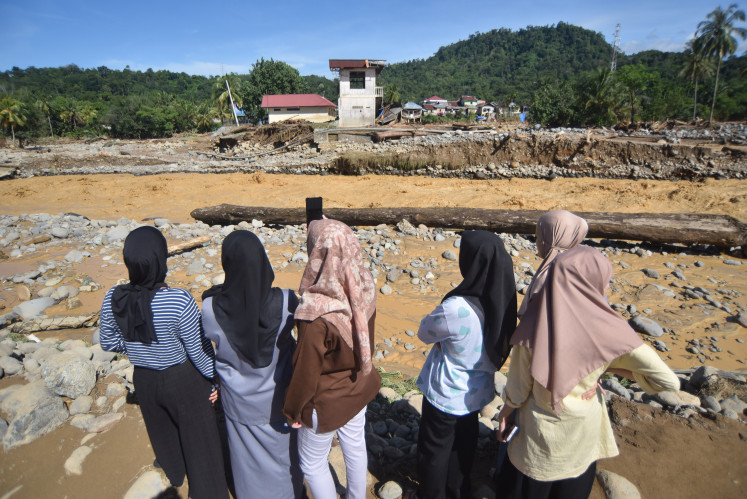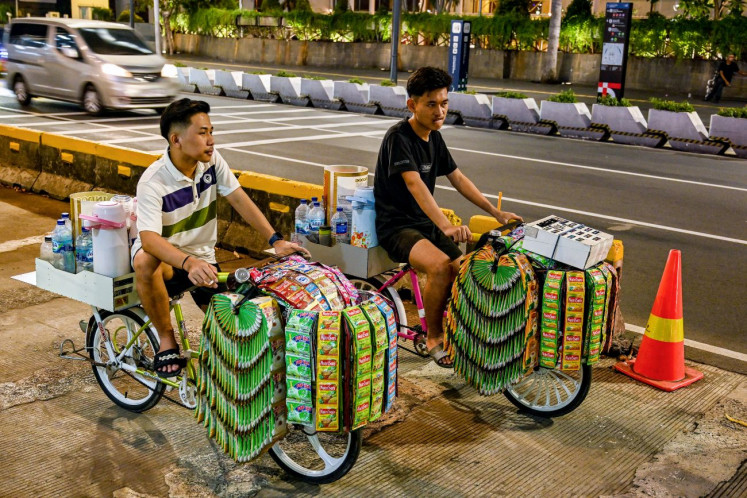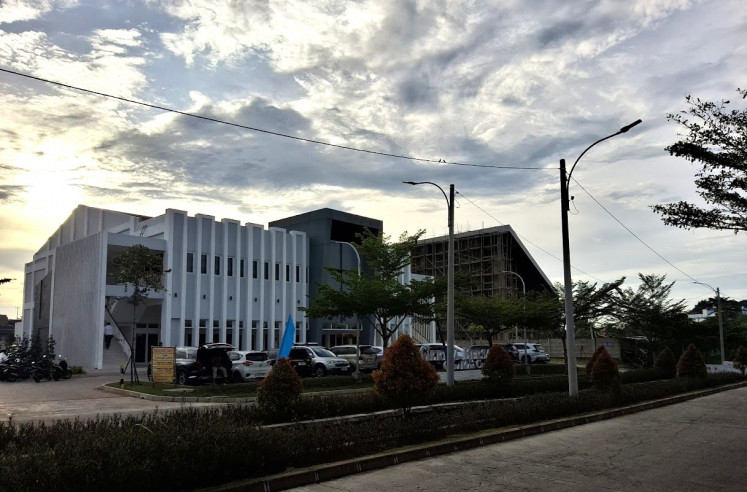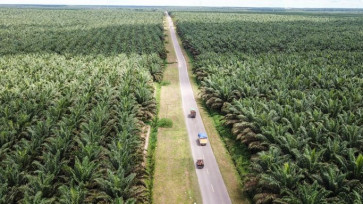Popular Reads
Top Results
Can't find what you're looking for?
View all search resultsPopular Reads
Top Results
Can't find what you're looking for?
View all search resultsDoes the EUDR constitute environmental espionage?
Farmers, including millions of small farmers who live in the mountains across the Global South, should all buy smartphones and geotag their farms, which will naturally include their houses and huts, and send them to EU officials.
Change text size
Gift Premium Articles
to Anyone
T
he European Union Deforestation-Free Regulation (EUDR) is the new EU tool claimed to address deforestation by imposing its unilateral rule that obliges companies importing certain goods to certify that products they brought into the EU are not linked to deforestation after a cutoff date of Dec. 31, 2020.
Those targeted products are not farmed in the EU such as coffee, cocoa and rubber, and also happen to be products that are in direct competition with the EU’s own products such as beef, soya, palm oil and timber products. The EUDR has also successfully excluded its own degraded and destroyed millions of hectares of peatlands emitting massive pollution, unabated and unchallenged.
It has been known that rewetting all EU peatlands is political suicide and runs counter to the very basic purpose of EU farming subsidies: farming jobs and political votes.
Clearly, the EUDR is about how to force other nations, especially in the Global South, including Indonesia, to follow EU rules to protect their own products and is not about the real concern of the environment. Because if it is a genuine concern about the link between farming and environmental degradation, EU farming on drained and degraded peatlands should be included in this regulation.
On how to implement the EUDR, the EU unilaterally imposes an obligation of origin-tracing by using geolocation data of where the products are farmed. This means that farmers, including millions of small farmers who live in the mountains across the Global South tending their Arabica plantation, should all buy smartphones and geotag their farms which will naturally include their houses and huts, and send them to EU officials.
This also means that regardless of the existing laws and regulations of data privacy in any exporting countries, the farmers of those countries are forced by the EUDR to surrender their privacy of properties and homes to be known, processed, verified, and thus inspected by the EU.
Meanwhile, the EU itself has very strict rules on geotagging and data privacy. As a matter of fact, Articles 7 and 8 of the EU Charter of Fundamentals provide the legal basis for respect for private life and for the protection of personal data. The landscape of EU data protection across the continent is built upon these “indivisible, universal values,” and are essentially made up of two different EU privacy laws: the e-Privacy Directive (ePD) and the General Data Protection Regulation (GDPR).

